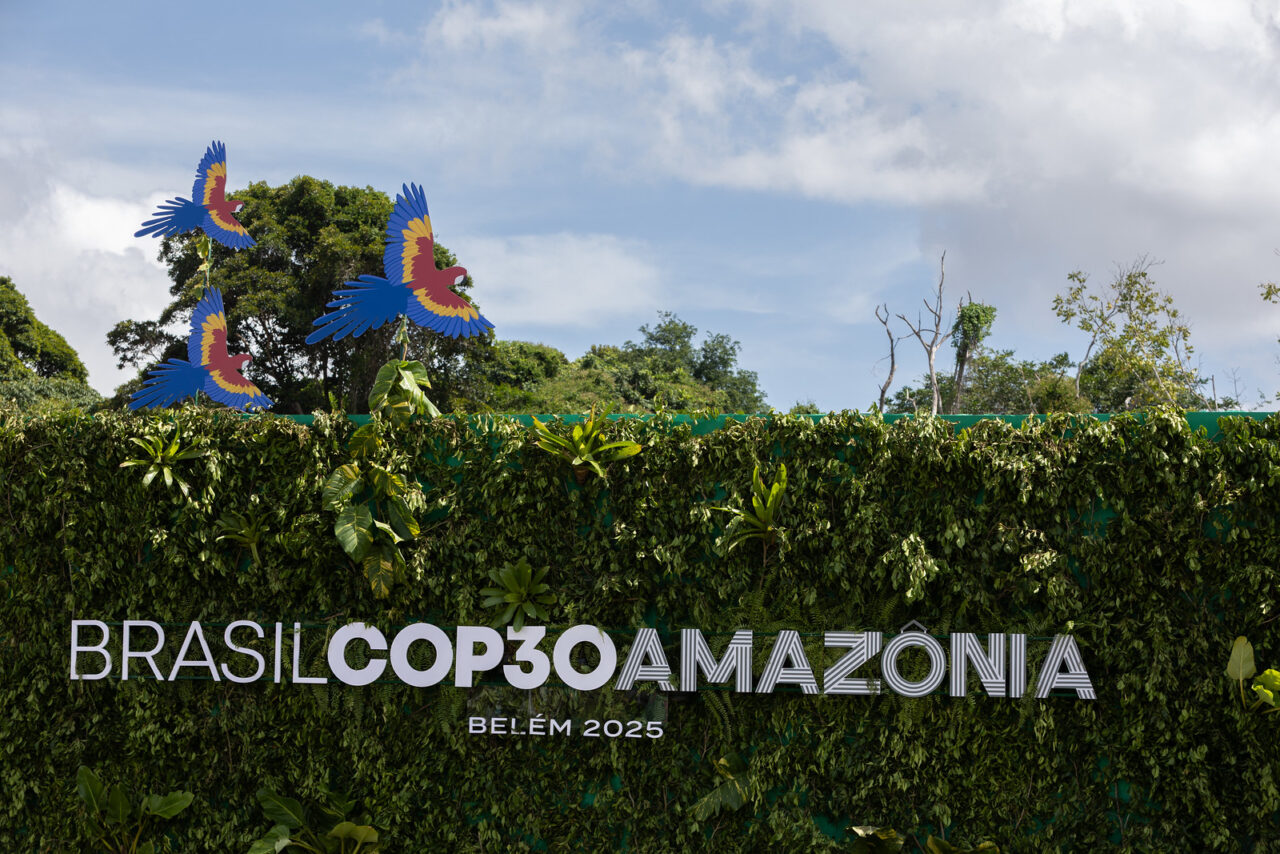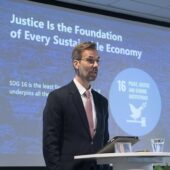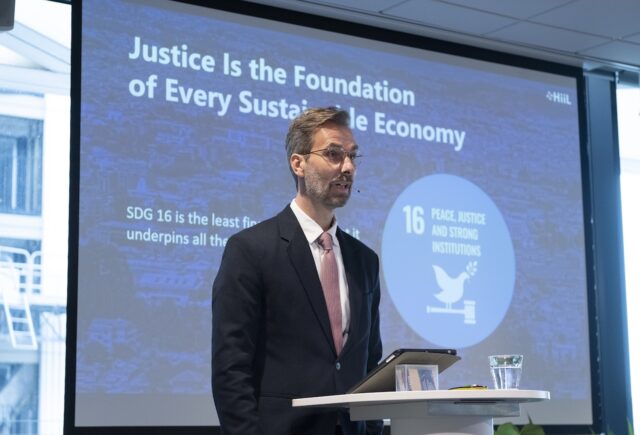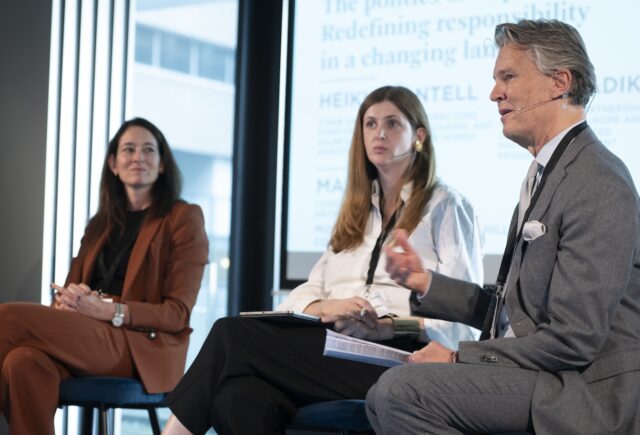The bond, launched as the COP30 climate summit takes place in Brazil, is intended to provide a blueprint for further issuance to support development in the region.

The Inter-American Development Bank (IDB) has issued a $100m (€86m) bond for investment in sustainable development projects in the Amazon region, the first in a planned $1bn bond series.
The bond platform operates under guidelines developed by the IDB and the World Bank, launched in July, which aim to provide clear criteria for structuring issuance in terms of proceeds, impact measurement, and transparency. Spain, Germany and the Green Climate Fund helped develop the guidelines. The fixed-rate five-year bond, managed by Crédit Agricole CIB, has an annual coupon of 3.802%.
The programme is part of Amazonia Forever, the IDB’s regional programme for conservation and sustainable development in the Amazon region. The bank’s programme is intended to pave the way for countries and other institutions to launch their own Amazonia bonds, supported by the IDB and World Bank.
The Brazilian government has said it intends to explore the possibility of issuing its own bonds under the Amazonia bonds guidelines, according to the IDB.
The bond’s proceeds are intended to support projects that improve local livelihoods, strengthen economic resilience, promote sustainable forest management, and protect biodiversity.
Ilan Goldfajn, the IDB Group’s president, said the issuance represented a new chapter in sustainable finance, channelling investment into nature-based solutions and community-driven progress.
“As a first mover, our Amazonia bond programme offers a blueprint for others to follow, mobilising private capital to protect the Amazon and uplift its people,” he said.
Investors in the bond included financial services and pensions firm L&G and investment manager Nuveen.
Jake Harper, L&G’s senior investment manager, asset management, told Impact Investor its participation marked the “first outright social transaction” under its Nature and Social Outcomes strategy, and showed how UK pension capital could be mobilised to invest in impactful projects globally, while also delivering returns for retirement members.
“While nature and social outcomes are closely linked, this deal stood out for its direct support of indigenous populations and focus on cultural preservation. The clear and structured impact reporting across five key pillars added further strength to the investment case,” he said.
Stephen Liberatore, Nuveen’s head of ESG and impact, global fixed income, said that “the combination of attractive relative valuation, the critical and distinct nature of the underlying eligible projects and IDB’s strong impact reporting” had drawn his company to the bond.
COP30 challenges
The issue was announced on the eve of the COP30 climate summit, taking place in Belém in the Amazon region of Brazil from 10 November to 21 November.
The IDB Group said its role allowed it to act as a conduit between various stakeholders at COP30, including governments investors, and local communities, that would result in announcements of at least $6bn of deals at the summit.
However, the climate summit is taking place against an unpromising backdrop.
Although the world is now set to miss the Paris agreement objective of restricting global warming to less than 1.5 degrees C above pre-industrial levels, major progress in Belém on stemming further rises will be hard to achieve.
The US, the world’s largest greenhouse gas emitter, is again missing from the international climate change process, following the re-election of Donald Trump as president. Meanwhile, cash-strapped countries in Europe – traditionally major drivers behind the COP process – have been seeking to scale back their climate commitments.
EU ministers agreed on a target of cutting the bloc’s emissions by 90% from 1990 levels by 2040 at fraught talks in the run up to COP30. But the deal also allowed them to achieve 5% of that target – and possibly more in the future – through the purchase of carbon credits from outside the bloc, effectively watering down their own commitment.
Despite the political struggles, investment is reportedly still flowing into clean energy projects targeting some of the most-polluting industries.
Around 1,000 commercial-scale clean industry projects are operational or under development around the world, over 70 of which – worth $140bn – are set to be shovel-ready in coming months, according to a report published to coincide with COP30 from the Industrial Transition Accelerator (ITA) and Mission Possible Partnership. The ITA is a multistakeholder initiative established at COP28 in the UAE with the aim of increasing investment in decarbonisation of heavy industry and transport.





